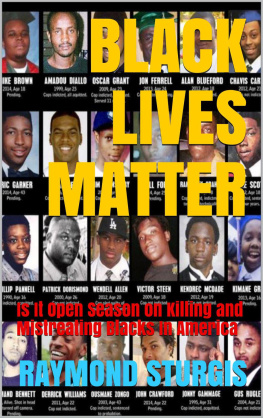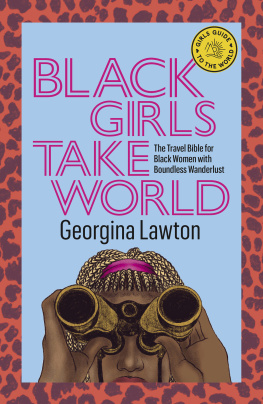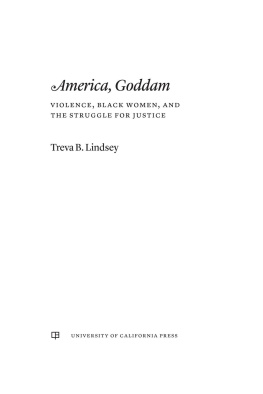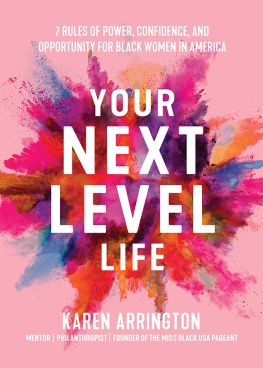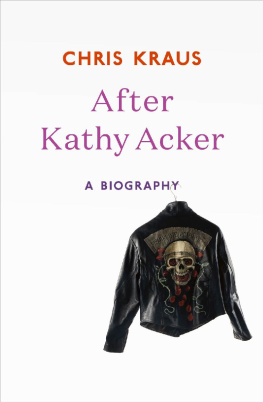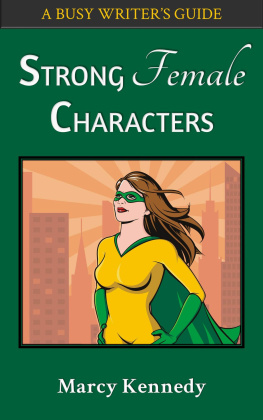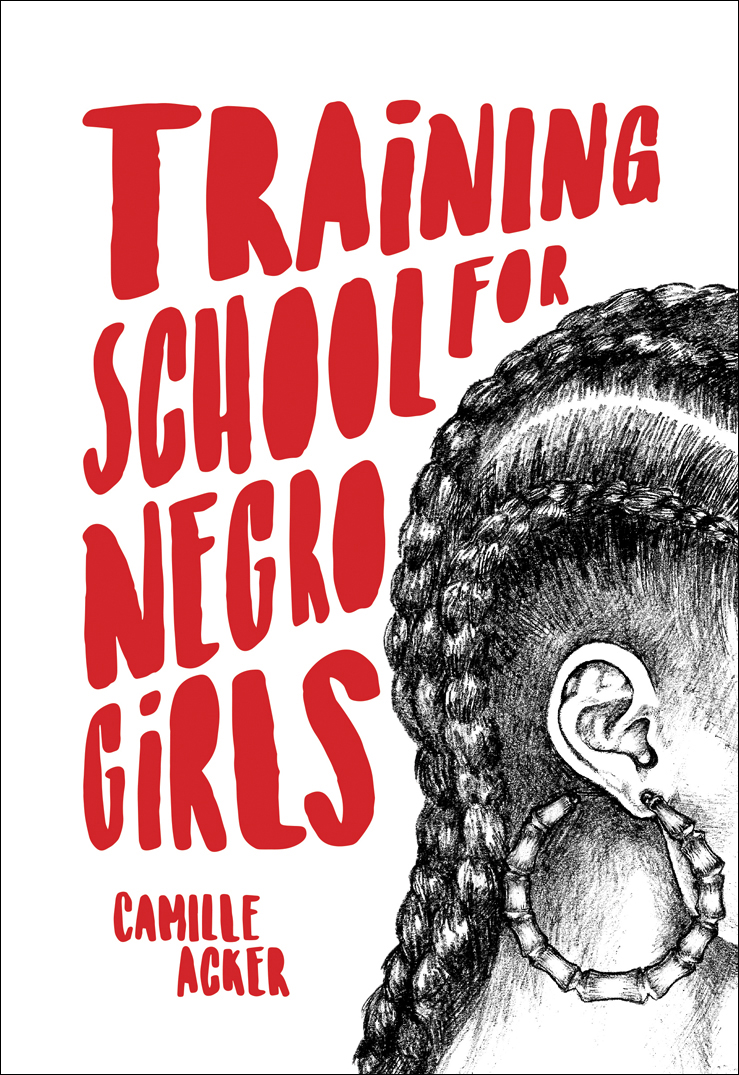TABLE OF CONTENTS
Guide
An exciting literary achievement by a significant emerging talent. This flawlessly executed work reinvigorates the short fiction genre.
BUST
A timely, welcome book.
THE MILLIONS
Acker shows that the lives of black girls and women are vast and varied, pushing back on the monolithic ways they are often portrayed.
KIRKUS REVIEWS
These stories pulse with vitality as ordinary people look for a future in a world that doesnt expect them to have one.
FOREWORD REVIEWS
Camille Acker navigates her characters lives with humor, heart, and grace. I love these stories.
LISA KO, author of The Leavers
These are stories that bring to mind the life lessons of classic R&B tunes: It aint right, but its okay; If loving you is wrong, I dont want to be right; How sweet it is to be loved by you. Training School for Negro Girls is a symphony of story: the clear, true voices of girls and women who are shaping who they might be against the constraints of the weights and counterweights of race and history and gender. A marvelous book.
VERONICA CHAMBERS, author of Mamas Girl
Training School for Negro Girls is a vivid, engaging book. Camille Acker takes a giant leap into the American literary scene as a necessary new voice.
ROBERT BOSWELL, author of Tumbledown
Ackers compelling stories vibrate with fresh portrayals, vivid prose, and real attitude. In her hands, we see Washington, DC, anew, as a backdrop for black girls coming into their own. Training School for Negro Girls is both a rich compilation of storytelling and a deft guide for living; as you witness these characters learn their heartbreaking lessons, you too might never be the same.
BRIDGETT M. DAVIS, author of The World According to Fannie Davis: My Mothers Life in the Detroit Numbers
A devastating and subtle portrayal of what it is to be black and female in America: the ache, the rage, the sorrow, the unending will to rise.
SHOBHA RAO, author of Girls Burn Brighter
Training School for Negro Girls stands as a wise testament to possibility, laying out the means by which we can all weather the worst circumstances and survive the most perilous times. A stunning achievement.
JEFFERY RENARD ALLEN, author of Song of the Shank
Acker has written pages that are saturated with the stuff of black life in Washington, DC: the cadences, the music, the aspirations, the trouble, the disappointments, the inventiveness, and the laughter. Training School for Negro Girls is a wonderful debut.
JAMEL BRINKLEY, author of A Lucky Man: Stories

Published in 2018 by the Feminist Press
at the City University of New York
The Graduate Center
365 Fifth Avenue, Suite 5406
New York, NY 10016
feministpress.org
First Feminist Press edition 2018
Copyright 2018 by Camille Acker
All rights reserved.

This book was made possible thanks to a grant from the New York State Council on the Arts with the support of Governor Andrew M. Cuomo and the New York State Legislature.

This book is supported in part by an award from the National Endowment for the Arts.
No part of this book may be reproduced, used, or stored in any information retrieval system or transmitted in any form or by any means, electronic, mechanical, photocopying, recording, or otherwise, without prior written permission from the Feminist Press at the City University of New York, except in the case of brief quotations embodied in critical articles and reviews.
First printing October 2018
Cover and text design by Suki Boynton
Library of Congress Cataloging-in-Publication Data
Names: Acker, Camille, 1978- author.
Title: Training school for Negro girls / Camille Acker.
Description: New York: Feminist Press at the City University of New York, 2018.
Identifiers: LCCN 2018011235 (print) | LCCN 2018016435 (ebook) | ISBN 9781936932382 (ebook)
Classification: LCC PS3601.C535 (ebook) | LCC PS3601.C535 A6 2018 (print) | DDC 813/.6--dc23
LC record available at https://lccn.loc.gov/2018011235
To all the black women close to my heart and to
the two who are closest, Fay Acker and Juliette Acker.
CONTENTS
We are looking for girls of the finest character. This is a select school. There is such a great need for young women of talent and leadership ability, who really want to let their lights shine in this confused world...
NANNIE HELEN BURROUGHS, Founder, National Training School for Women and Girls, Washington, DC
We walk down the halls like we are coming to beat you up. Even the teachers move out of the way. No one wants to catch an elbow in their ribs or a foot in their stride. They look away when we pass. Or take a turn down a hallway where we are not. We will make them into a joke anyway. Something about their face. Or their clothes. Or their name. We decide who they are.
When we go to lunch, we take up three tables. We need only two. Nobody will ask us to move. We sign up for the same classes. The easy ones. The white kids want the advanced placement classes. They make you take tests to get into them. Tests we never have liked. We dont like teachers either. They tell us what to do. We dont let anybody tell us what to do.
We cut class. Almost every day. The security guards are black like us so we just dap them up. Then, we go. When we leave, we go to the movies down the street. Pay for one. And then go theater to theater seeing all the shows we want.
We eat. At McDonalds. Or the Chinese takeout. Or sometimes we go to nicer places where they give you real menus. We sit there eating and laughing. The owners say we should quiet down. We decide that to teach them, we wont pay. And we run out on the bill. Sometimes even when they dont say something, we run out on the bill.
And then we stroll all around Upper Northwest. We walk past real nice houses with real nice cars. Only one car in the driveway. The other one gone. Probably in some garage at the State Department. Or on the Hill. Or Downtown at one of the law firms. Every house has a big porch and around Christmas they have lights wound around the columns. A lit-up plastic snowman. A wreath on the door. And at Halloween, the houses have a skeleton and cotton made to look like cobwebs. A cackling witch.
We go to school with some of their kids. Or their kids go to Sidwell. Or Holton-Arms. Or Georgetown Day. Their kids take classes at colleges too. A couple of days a week at American or GW. They come home and tell their parents about how the Germans get talked about more for what they did in World War II, but some people think the Japanese were worse. We dont tell our parents things like that. We pretend we dont even know things like that.
We go to this field with this old, abandoned stage. We sit there because we dont sit in grass like white people. We sit on the warped old wood. It cracks and we crack on each other. And sometimes we make out. And sometimes we act like having someone elses tongue in our mouth is nice. Or that having hands on our body is good. When we get to underwear, we stop there so we dont get embarrassed.
Next page


